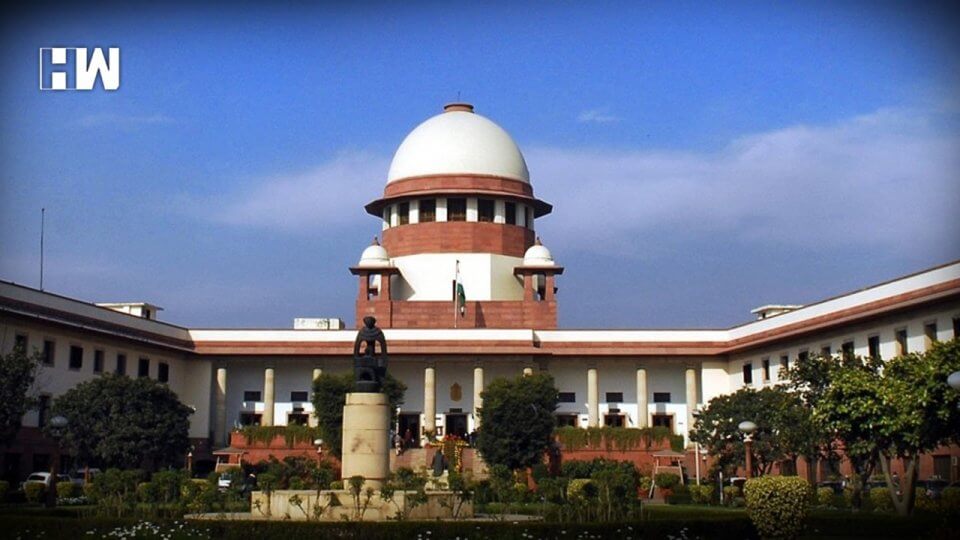A five-judge constitution bench headed by Chief Justice Ranjan Gogoi pronounced the judgement
NEW DELHI| Today Supreme Court gave green flag on petitions challenging the Delhi High Court decision bringing the office of the chief justice of India under the ambit of the Right to Information Act. A five-judge constitution bench headed by Chief Justice Ranjan Gogoi pronounced the judgement. Other members of the bench were Justices N V Ramana, D Y Chandrachud, Deepak Gupta and Sanjiv Khanna.
This five-judge constitution bench had on April 4th reserved its verdict on the appeals filed in 2010 by the Supreme Court secretary-general and its central public information officer against the high court and the central information commission’s orders.
The top court’s secretary-general and the Central Public Information Officer had moved the apex court on the administrative side challenging November 24, 2009, Central Information Commission’s order directing the CPIO to furnish the information sought by RTI activist Subhash Chandra Agrawal on the appointment of judges to the top court.
The constitution bench in the course of the hearing had addressed two questions “whether the concept of independence of judiciary demands the prohibition of furnishing of the information sought and whether the information sought amounts to interference in the functioning of the judiciary.
Speaking to HW NEWS, RTI Activist Mr Subhash Agarwal explains should the office of CJI come under RTI or not?
As we have informed you that the move to bring the office of the CJI under the transparency law was initiated by RTI activist Subhash Agrawal and his lawyer Prashant Bhushan had even submitted in the top court that though the apex court should not have been judging its own cause, it is hearing the appeals due to “doctrine of necessity”. The lawyer had described the reluctance of the judiciary in parting information under the Right To Information Act as “unfortunate” and “disturbing”.
Referring to the RTI provisions, Mr Bhushan had said they also deal with exemptions and information that cannot be given to applicants, but the public interest should always “outweigh” personal interests if the person concerned is holding or about to hold a public office.
Anil Galgali an RTI activist guide, “This should be under CJI because people have the right to know what is happening in the judiciary world and what the judges are up to. So I think it is a positive thing.”
Vihar Durve RTI activist said, “Of course, this should come under RTI. There are crimes and injustice that happens and many cases are still at hold. So it is a positive thing.”
Also Read: Supreme Court declines urgent hearing on plea seeking review of Sabarimala Temple verdict
Right to information is one of the powerful tools in the hands of the public against the government. One of many benefits of RTI act is to ask information that every citizen possesses.
If there is no information provided under the law, people have no option but to go to the Information Commissioner to ask for justice. Information Commissioners have the power to penalise officials who are responsible for violations of the law. And more so RTI helps in maintaining transparency in the system. Not only in this govt but also in the previous government. Some of the major cases like Adarsh Scam, 2G Scam and Commonwealth Scam which has revealed that the Delhi government under the former CM Sheila Dikshit had diverted Rs 744 crore from social welfare projects for Dalits to Commonwealth Games from 2005-06 to 2010-11.
Dear Readers,
As an independent media platform, we do not take advertisements from governments and corporate houses. It is you, our readers, who have supported us on our journey to do honest and unbiased journalism. Please contribute, so that we can continue to do the same in future.
As an independent media platform, we do not take advertisements from governments and corporate houses. It is you, our readers, who have supported us on our journey to do honest and unbiased journalism. Please contribute, so that we can continue to do the same in future.

